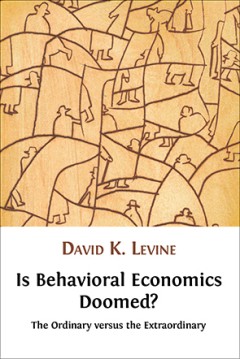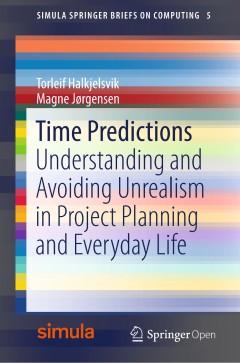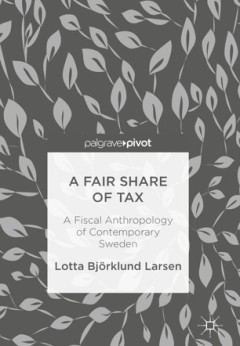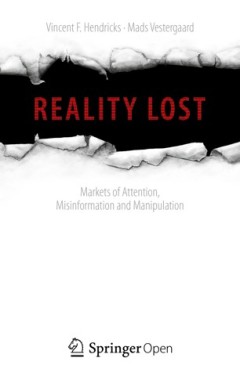Filter by

Is behavioral economics doomed?: the ordinary versus the extraordinary
It is fashionable to criticize economic theory for focusing too much on rationality and ignoring the imperfect and emotional way in which real economic decisions are reached. All of us facing the global economic crisis wonder just how rational economic men and women can be. Behavioral economics — an effort to incorporate psychological ideas into economics — has become all the rage. This bo…
- Edition
- -
- ISBN/ISSN
- 9781906924942
- Collation
- vii, 154 p. ; ill
- Series Title
- -
- Call Number
- 330.019 LEV i

Time predictions : understanding and avoiding unrealism in project planning a…
Predicting the time needed to complete a project, task or daily activity can be difficult and people frequently underestimate how long an activity will take. This book sheds light on why and when this happens, what we should do to avoid it and how to give more realistic time predictions. It describes methods for predicting time usage in situations with high uncertainty, explains why two plus tw…
- Edition
- -
- ISBN/ISSN
- 9783319749532
- Collation
- xii, 110p. : ill.
- Series Title
- -
- Call Number
- 658.404 HAL t

A fair share of tax : a fiscal anthropology of contemporary Sweden
This book takes a taxpayer's perspective to the relations taxation creates between people and their state. Larsen proposes that in order to understand tax compliance and cheating, we have to look beyond law, psychological experiments and surveys to include tax collectors and taxpayers' practices. The text explores the view of taxes seen as citizen’s explicit economic relation to the state and…
- Edition
- -
- ISBN/ISSN
- 9783319697727
- Collation
- xiii, 136p. : ill.
- Series Title
- -
- Call Number
- 306.3 LAR f

Reality lost : markets of attention, misinformation and manipulation
This open access book looks at how a democracy can devolve into a post-factual state. The media is being flooded by populist narratives, fake news, conspiracy theories and make-believe. Misinformation is turning into a challenge for all of us, whether politicians, journalists, or citizens. In the age of information, attention is a prime asset and may be converted into money, power, and influ…
- Edition
- -
- ISBN/ISSN
- 9783030008130
- Collation
- xxi, 144p. : ill.
- Series Title
- -
- Call Number
- 070.43 HEN r
 Computer Science, Information & General Works
Computer Science, Information & General Works  Philosophy & Psychology
Philosophy & Psychology  Religion
Religion  Social Sciences
Social Sciences  Language
Language  Pure Science
Pure Science  Applied Sciences
Applied Sciences  Art & Recreation
Art & Recreation  Literature
Literature  History & Geography
History & Geography